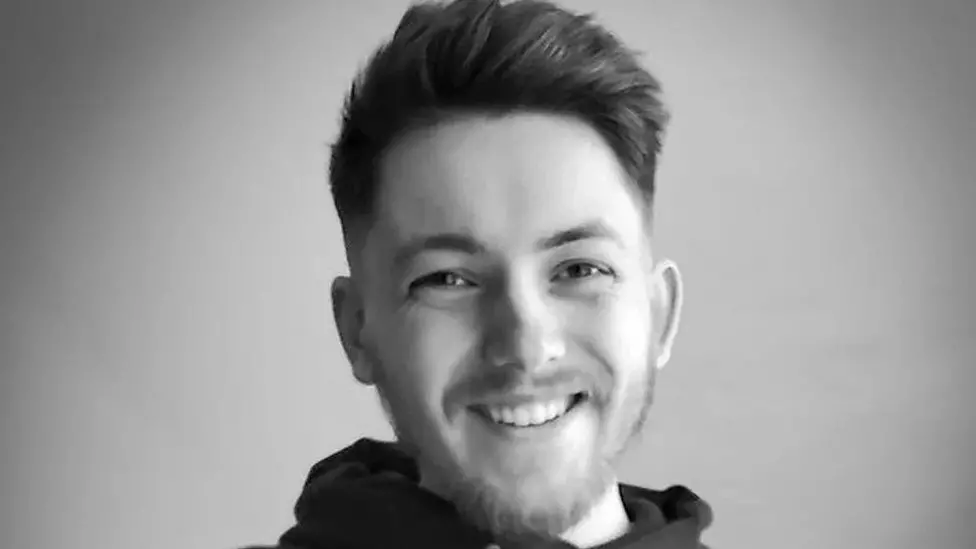‘If they cared enough, they could become real leaders in mental health support’: How can Warwick make the best of student suicide ‘tragedies’?
Suicide at the University of Warwick is no joke. Indeed, following a series of Freedom of Information Requests, The Boar can reveal that in the last six years, over 80 ambulances have been called to central campus for ‘suicide-related emergencies’. And that’s only what we know about.
This article explicitly mentions themes of suicide and depression
Responses to our requests, issued by the University, suggest the number of ambulances being called to campus is declining. Last year, five ambulances were called to campus for suicide-related emergencies, compared to 22 in 2018-19. While seemingly positive, these figures do not paint the full picture, and in no way account for incidents taking place off campus, including in Canley, Leamington Spa, and students working from home.
You see, in order for an ambulance to be tallied on this list, it needs to have been called by the University’s Community Safety Team. They, in essence, act as the middle-man between a student having an emergency and an ambulance turning up at their door. What constitutes as a ‘suicide-related emergency’, then, is ultimately up to them to decide; you are advised to take these stats with an overly-large pinch of salt.
However, what these stats do reflect is that Warwick’s reputation in regards to mental health is by no means flattering. In October 2020, Warwick Business School student Will Bargate died by suicide. Will’s inquest made national headlines when it was shown that the University ‘could have done more’ to prevent his death, after issues with transparency emerged.

Will Bargate, 23, died by suicide in 2020 (Image: Bargate family)
That was four years ago, and since then, the University has introduced multiple measures to take a step in the right direction. These include the following:
- A new procedure for contacting students who fail to meet deadlines
- ‘Specialist’ support services including emotional and practical wellbeing support
- Access to ‘in-person support’ through personal tutors and a residential life team.
In 2021, Professor Stuart Croft also said that the University adopted the Universities UK / Papyrus framework for ‘Suicide Safer Universities’, and implemented the “best practice it recommends” to help prevent suicides.
“I’d like to see more involvement from the University with individual students, such as assigning someone to check in with you, as it can feel like the University doesn’t really care.”
Evie Kendall, Publicity Officer for Warwick Suicide Awareness and Support society
Four years on from Will’s passing, many Warwick students say they “can’t help but feel” the University could be doing more for students struggling with their mental health.
Over the summer, a group of six Warwick students came together to form a new Suicide Awareness and Support Society.
Evie Kendall, the society’s Publicity Officer, has first-hand experiences using the University’s wellbeing services. Speaking of her frustrations of “trying to get people to understand how you’re feeling”, she told The Boar: “I have found that the University has supported me to some extent, but when you’re feeling very bad, it’s difficult to reach out for help.
“I’d like to see more involvement from the University with individual students, such as assigning someone to check in with you, as it can feel like the University doesn’t really care. Some personal tutors do check in on you, and some don’t.
“Through our society, I hope that students feel they have another place to go for help, but one that is more approachable and relatable. I hope that we can have a positive impact on student well-being, whether we directly improve someone’s mood or if we encourage them to talk openly with others.”
To test the effectiveness of Warwick’s so-called ‘specialist in-person support’, last year, I deliberately missed two of my three compulsory personal tutor meetings. No personal follow-up was made by my personal tutor, and I eventually received an auto-generated email from Student Records, granting me two ‘missed monitoring points’. The University has my four-year mental health history on record.
Admittedly, I was attending seminars and handing in assignments, but I did not receive a personal check-in from any member of staff. It had me thinking: following a seminar, would a quick, 5-minute chat, instigated by a designated member of staff, be too much to ask?
“They were sending Will emails, right until the very end, but they were seeking consent from someone who was already dead.”
Quentin Bargate, father of Will Bargate
A week or so ago, I found myself on a Zoom call with Quentin Bargate, Will’s father. It was a difficult conversation to have, but a much-needed one. I told him about my struggles to obtain information on the subject matter. I told him about some of the things Warwick students have said to me. I told him that even though select measures have been enforced since Will’s passing, Warwick students are still actively calling on the University to do more.
He looked up at me and shook his head. “I strongly believe that the University thinks, ‘If it looks okay, it must be’,” he said.
“With Will’s case, the University knew something was up. They wanted consent from Will before they would tell me what had happened to him. They were sending Will emails, right until the very end, but they were seeking consent from someone who was already dead.”
Since Will’s death, the University now requires students to provide an emergency contact upon enrolment.
“It can be really hard to ask for help and it doesn’t help to include another step of admin in between.”
Martha, Vice President of Warwick Suicide Awareness and Support society
However, Martha, Vice President of the Suicide Awareness and Support society, believes this isn’t enough. She told The Boar: “I personally feel that the University lets issues related to mental health and suicide prevention fall to the side.
“The well-being services, although okay, I find a little inaccessible, and it has a lot of steps to see someone in person. When you might really need to talk to someone who can help you, it can be hard to take those steps and put yourself out there. It can be really hard to ask for help and it doesn’t help to include another step of admin in between.”
I proceeded to tell Quentin about the launch of the new Suicide Awareness and Support society, and some of the reasons why it was founded.
He raised an eyebrow, and said: “I can fully support a student-led Suicide Awareness society, however it’s a shame students feel it’s necessary.
“The University cannot expect a student who is struggling to simply reach out. They’re adults, but they’re young adults. It’s therefore essential to have a transitional arrangement for all Warwick students, as it’s most likely their first time moving away from home.”
Following Will’s passing, the Bargate family set up a fundraiser for YoungMinds UK, raising over £10,000. Looking towards the future, Quentin says, “I’d urge the University to bring in someone from somewhere like YoungMinds. Get them to come in, assess the procedures they have in place, and tell them where they’re going wrong. That needs to happen often, and not just a one-off.
“If they made these changes, if they cared enough to do so, they could become real leaders in mental health support, for other universities to look up to.”
This article is not intended to discourage any student from reaching out for help. Hopefully, it can encourage the University to implement even more systems than what’s already in place. This might include, as mentioned above, reducing the amount of admin required to see someone in person, working more closely with mental health charities, and/or providing free, mandatory mental health first aid training for all personal tutors. Currently, in partnership with EM solutions, Warwick offers Mental Health First Aid Training to Warwick students, staff, and guests for £200 + VAT.
After all, Professor Stuart Croft’s statement following Will’s inquest concluded: “We will remain open to further improvements and will continue to explore ways of strengthening our approach.”
If any of the issues raised in this article have affected you, there are many options available to you.
These include, but are not limited to:
- Wellbeing and Student Support: warwick.ac.uk/services/wss
- University of Warwick Health Centre: https://www.uwhc.org.uk/
- Warwick Students’ Union Advice Centre: https://www.warwicksu.com/help-support/
- The Samaritans: https://www.samaritans.org/ (Call 116 123 for 24/7 support)
Update: After this article was published, the University of Warwick announced it will conduct a thorough review of personal tutoring. The full statement is available to read here.
Professor Stuart Croft declined to comment.

Comments
Comments are closed here.